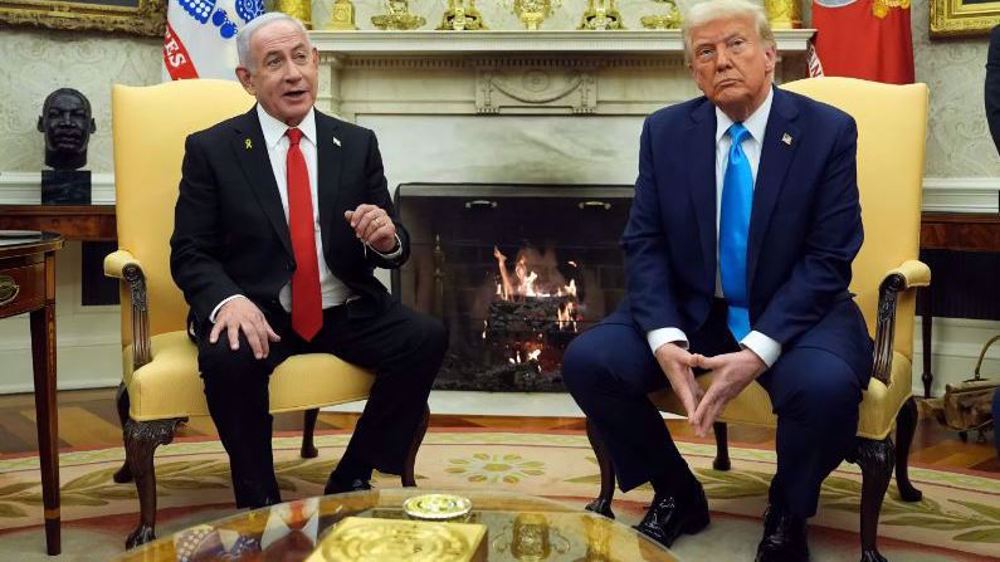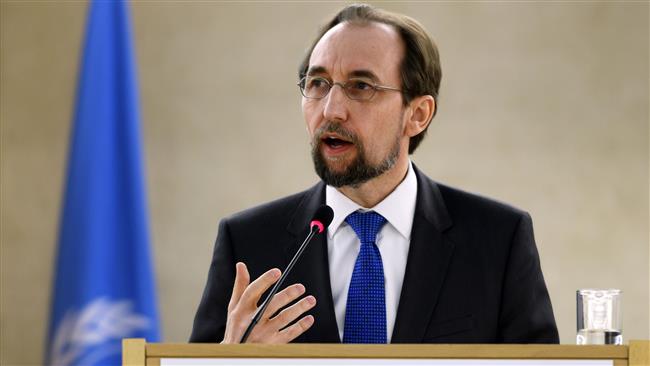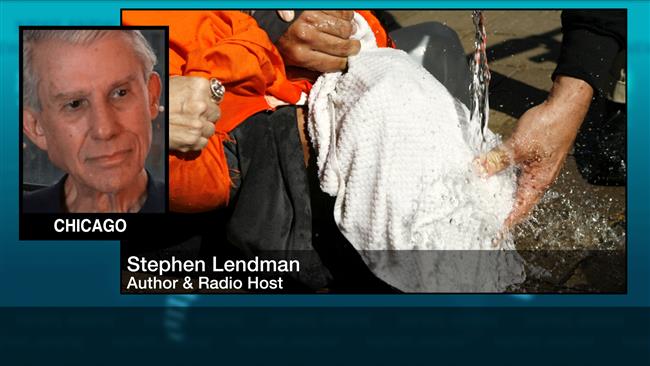Trump administration moves to keep CIA torture report secret
The administration of US President Donald Trump has begun returning to Congress copies of a 2014 report describing the CIA's harsh detention and torture techniques under the George W. Bush administration.
The White House made the move in response to requests by Republican Senator Richard Burr, the Senate Intelligence Committee's current chairman, The New York Times reported Friday, citing US officials.
The CIA and the agency's inspector general's office, as well as the national intelligence director's office, have returned their copies, the report said. The State, Justice and Defense departments also have copies but have not returned them yet.
The decision means it could be more difficult for the massive 6,700-page report to be made public so long as Republicans control the Senate and House of Representatives, because documents held by Congress are exempt from laws requiring government records to eventually be made public.
A 500-page summary of the report was released to the public by the Senate Intelligence Committee in 2014.
The administration’s move has drawn angry criticism from top Senate democrats. Senator Dianne Feinstein, who chaired the intelligence committee when the report was produced, suggested that Republicans want to destroy the report before it is published.
"No senator, chairman or not, has the authority to erase history. I believe that is the intent of the chairman in this case," she said.
Read More:
- 'CIA torture techniques illegal, ineffective'
- Trump's support for torture 'unsettling': UN
- Trump voices support for torture, waterboarding
Senator Mark Warner, who succeeded Feinstein as the intelligence committee's top Democrat, said he was "disappointed" with the decision and that the report "must be preserved so we can learn from past mistakes and ensure that abuses are never repeated."
The American Civil Liberties Union (ACLU also blasted the Trump administration’s attempt to bury the torture report, saying the document must be made public to expose the CIA’s “horrific abuses.”

The Senate Intelligence Committee released a report in 2014 about CIA's brutal detention and interrogation program and its use of various forms of torture on detainees between 2001 and 2006 during the so-called war on terror.
The report concluded that the spy agency’s interrogation methods were far more brutal and less effective than what the agency had publicly acknowledged.
The report also said that not a single terrorist attack was foiled as a result of the use of harsh interrogation techniques.

Most Americans oppose Trump's plot to ‘take over’ Gaza: Poll

Israel killed at least 360,000 Palestinians in Gaza: Renowned American attorney

Trump’s ICC sanctions eroding ‘never again’ legacy of Nuremberg: UN expert
Greek PM: Europe should ‘wake up,’ reduce reliance on US
Occupied al-Qud archbishop: Palestine will never forget Nasrallah
IRGC begins major Eqtedar drill in eastern Iran
Trump tells Zelensky to secure peace with Russia or risk losing Ukraine
Arrest of Electronic Intifada journalist exposes deep Zionist footprints in Switzerland
Iran, Azerbaijan stress opposition to foreign forces in South Caucasus
VIDEO | Press TV's news headlines
Iranian president wishes health, speedy recovery for Pope Francis














 This makes it easy to access the Press TV website
This makes it easy to access the Press TV website